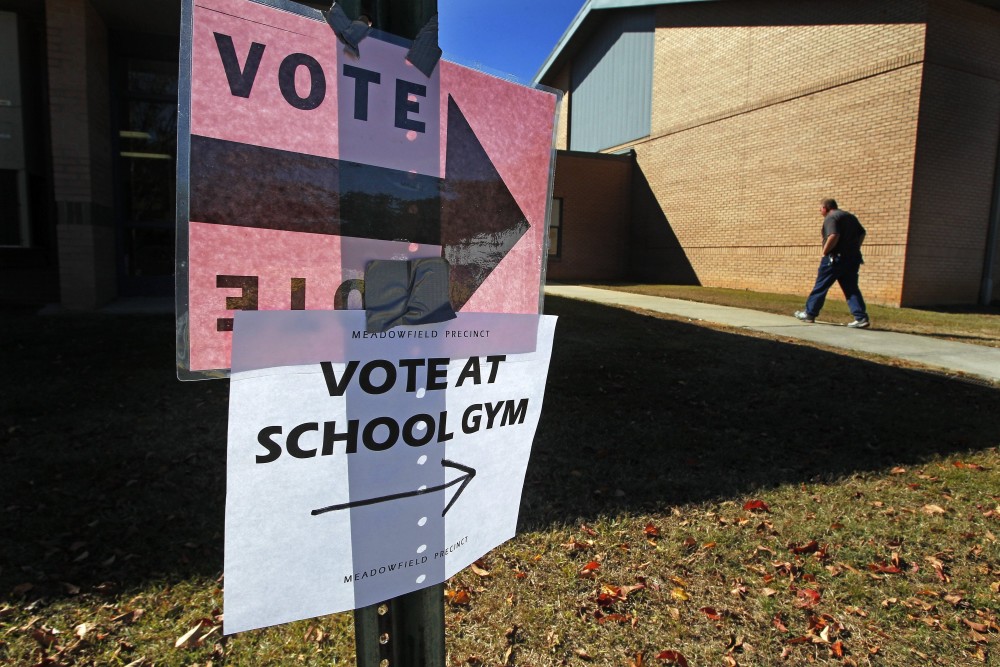EDITORIAL
The Daily Citizen, Dalton, Ga.
A recent story in this newspaper about women being underrepresented in political office, written by CNHI state reporter Jill Nolin, pointed out many of the reasons why.
Those reasons include a combination of factors that are cultural and gender-based. But there also is evidence that these factors are changing for the better.
Extensive research shows that when women run for office, they perform just as well as men. So why aren’t more women elected?
Well, one reason is that they do not run for office. There is a substantial gender gap in political ambition; men tend to have it, and women don’t.
According to a report from the Brookings Institute, women, regardless of their age, party affiliation, income or profession are significantly less likely than men to express interest in seeking public office.
One of the reasons is that women are significantly less likely than men to view themselves as qualified to run for office. In addition, women are less likely than men to receive encouragement to run for office from party leaders, elected officials and political activists. Being involved in family obligations also dampens women’s political ambitions.
In the Greater Dalton area, however, we can point to several instances where women have run — and won — political races.
buy cialis sublingual online herbalshifa.co.uk/wp-content/themes/twentytwentytwo/inc/patterns/en/cialis-sublingual.html no prescription
Many women have served on school boards in Dalton, Whitfield and Murray counties. They have and do serve on city councils. One woman holds a constitutional office — Whitfield County’s coroner. The gender gap has long been bridged in the local judicial system — just look at today’s juvenile and probate courts on up to Superior Court.
Unfortunately, Georgia is one of the states where voters continue to elect the fewest number of women to state and national roles, according to the report by Nolin. In a ranking of states, Georgia was nearly last for the number of women serving in elected office. Women make up about 23 percent of the state House and Senate, and only men serve statewide and on the federal level.
But as Nolin’s story pointed out, the girls involved in Georgia Girls State, which for a week created a world where women dominated all parts of a government while staying at Georgia Southern University in Statesboro, were anything but discouraged about the future. They expressed youthful desire if not for elected office, at least for some aspect of public service.
It’s that type of positive outlook that will help change perceptions from and about the emerging crop of leaders.














































































































































































































































































































































































